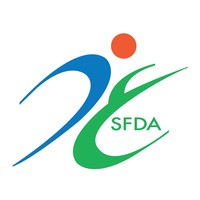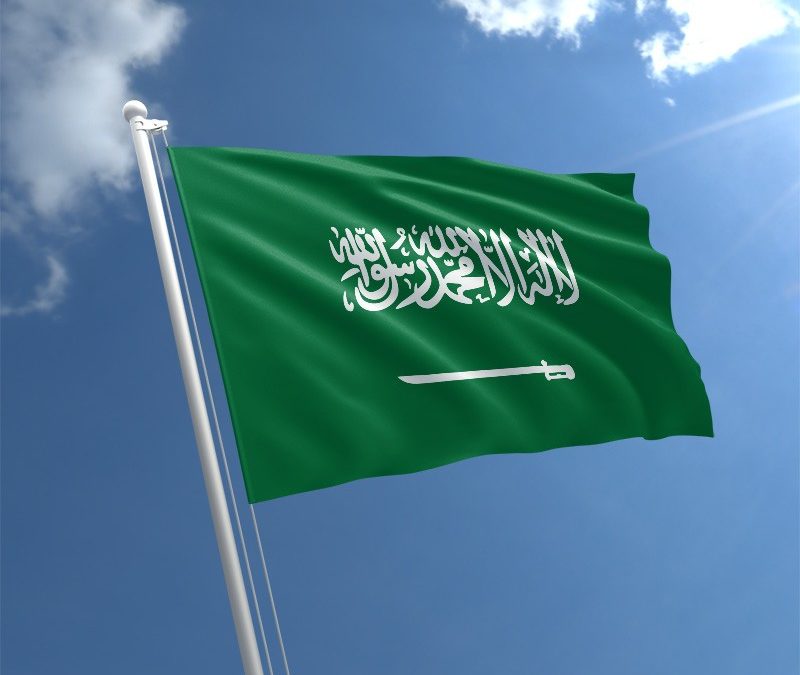The Saudi Food and Drug Authority (SFDA), Saudi Arabia`s medical device regulating authority, has published a guidance document on requirements of shipments clearance at ports of entry. The document is intended to provide additional information on compliance matters to medical device manufacturers and importers. The present document constitutes a final version of the document initially published for public discussions earlier in 2017. The SFDA guidance clarifies the requirements to be fulfilled by the importer in order to obtain shipment clearance of the medical devices and other medicinal products subject to registration.

Regulatory Background
The SFDA guidance on requirements of shipments is based on the Law of Saudi Food Authority prescribing that the authority should be responsible for shipments clearance regarding the medicinal products imported to Saudi Arabia.
According to the general requirements, an entity intended to import medicinal products subject to the state registration should duly apply for the shipment clearance. The authority additionally emphasizes that used medical devices are not allowed to be imported. In case of any doubts regarding the regulatory status of the products subject to importation, the interested party may also request the SFDA to provide additional clarifications and determine the appropriate classification of the medical device. Additional approval (Medical Devices Importation License, MDIL) would be also needed in case if the medical device in question contains certain materials requiring special assessment.
The guidance also describes special requirements regarding the shelf life of the medical device remaining at the date the device is being imported, namely:
- in case if the overall shelf life of the medical device does not exceed 1 year, the shelf life remaining at the importation date should not be less than 40%,
- In case if the overall shelf life of the medical device exceeds 1 year, the shelf life remaining should not be less than 60%.
The SFDA also states that the importers of medical devices should follow the requirements on storage and transportation prescribed by the medical device manufacturer. In the case that the shipment requires a specific temperature regime, the importer shall establish temperature data logging, starting from the commencement of shipping.
The authority also reserves the right to request random samples of the medical devices subject to importation at the ports of entry to conduct the assessment. Such an assessment would cover risk-based studies and scientific evaluation in order to validate whether the medical claims are correct and whether the sterilization and labeling requirements are met. During the assessment and examination, the SFDA may also assess other aspects related to the safety and performance of the imported medical device.

Importation Documents
The SFDA guidance on shipment requirements also describes in detail the documents to be submitted by the interested parties when importing medical devices to Saudi Arabia. The guidance provides explanations and additional clarifications regarding each type of documents required. According to the guidance, the list of the documents to be submitted includes the following ones:
- Copy of purchase invoice, authenticated by the chamber of commerce in the country of origin. The document shall contain the number of the invoice, the names of the medical device manufacturer and the device itself, quantity of the products supplied, and unit price. At the same time, model/part and lot/serial numbers could be indicated either directly in the invoice, or in the packing list.
- Bill of Lading or the Air Waybill.
- Declaration of Conformity to SFDA Medical Devices Interim Regulation. This type of documents is mandatory only in case if the medical devices are being imported to be marketed under the Medical Devices Marketing Authorization (MDMA) and/or registered as a low-risk device. The SFDA also emphasizes that the declaration required to import medical devices in Saudi Arabia is actually different from one required in other countries. In order to assist medical device importers in complying with this requirement, the SFDA also provides a template of such declaration as an Annex to the guidance.
- Copy of Medical Device Establishment License. The same as for the above-mentioned declaration, this document is required only in case if the medical device in question is imported to be marketed and distributed in the country. It is important to mention that in case if healthcare institution imports medical devises solely to be used for its internal purposes, the MDEL is is not required, providing that the quantity of medical devices imported does not constitutes a commercial shipment. However, in any case, the establishment shall have an account with the “GHAD system”.
- Evidence of Medical Devices Marketing Authorization or registration of medical device in question as a low-risk device. In the case of non-sterile low-risk medical devices without measuring functions it would be sufficient to submit either the evidence of registration as a low-risk device or MDMA, while for other medical devices MDMA is required.
- Copy of Medical Devices Importation License (MDIL) – a specific document required only for certain healthcare products, namely: (a) medical devices imported for demonstration, training, investigational purposes or personal use, and also in the national emergency situations; (b) custom-made medical devices that are not frequently imported; (c) finished medical devices imported for local manufacturing; (d) medical and non-medical IVDs; (e) biological therapeutic products; (f) international quality and efficiency samples; (g) distillation apparatuses imported for healthcare providers or educational institutions; (h) chemicals (finished products) used in medical applications.
- Research Product Importation License – specific document to be submitted in case of medical devices and non-medical IVDs imported solely for educational or non-clinical research purposes.
Additional SFDA Importation Requirements
Besides the points above, describing the particular documents to be submitted by the medical device importer, the guidance also provides additional recommendations to be considered in order to achieve and sustain compliance with other applicable requirements related to other important aspects associated with medical devices.
In particular, the guidance outlines the SFDA requirements for labeling for medical devices. In accordance with these requirements, the labeling shall:
- Correspond with the labeling already submitted in the context of Medical Devices Marketing Authorization,
- Include a barcode (in case of home-use devices),
- Be provided in Arabic (in case of medical devices intended for non-professional use),
- Not contain the logo of the medical device authority, or any other state authority, to avoid confusion or misrepresentation.
Moreover, the guidance contains certain additional requirements the medical devices should meet. For instance, if the medical device in question requires a connection to an a/c power supply shall operate at a frequency of 60 Hz.
According to the guidance, the importer will have up to two weeks to make necessary correction starting from the date the initial notice letter has been issued. If the shipment requires a specific temperature to be sustained during the transportation and/or storage, the invoice and importation documentation should contain the serial number of the device used to log the temperature (data logger). Upon completion of the transportation procedure, the data logger should be provided to the regulating authority at the port of entry.
It is also important to mention that in case if the shipment has been rejected by the SDFA, the importer has a right to provide a reasonable objection in a form of a letter. Such a letter should be submitted to the SFDA department at the port of entry not later than in two weeks starting from the date the shipment was rejected.
How Can RegDesk Help?
RegDesk is a next-generation web-based software for medical device and IVD companies. Our cutting-edge platform uses machine learning to provide regulatory intelligence, application preparation, submission, and approvals management globally. Our clients also have access to our network of over 4000 compliance experts worldwide to obtain verification on critical questions. Applications that normally take 6 months to prepare can now be prepared within 6 days using RegDesk Dash(TM). Global expansion has never been this simple.
Sources:
https://beta.sfda.gov.sa/sites/default/files/2020-10/MDS-G21e.pdf

